All about ship electromechanics
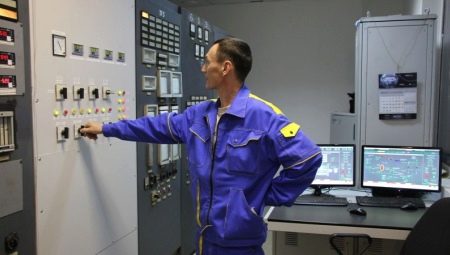
The role of an electromechanic on a ship is no less important than that of a chief engineer or even a captain. This specialist is responsible for the correct technical operation and condition of the electrical equipment of the vessel, as well as all electrical distribution networks, telephone communications, emergency power supplies and many other electrical appliances.

Peculiarities
A ship's electrician is a specialist who has the skills to work with electrical systems of varying degrees of complexity - his tasks include the repair and maintenance of such installations. It is in charge of:
- generators with electric motion, as well as without electric motion;
- distribution boards;
- shore power emergency installations;
- rowing electrical installation;
- electromechanical component of control units and ship stations;
- electronic and electrical elements of all signaling options;
- current storage networks;
- demagnetizing mechanisms;
- electric drives of machine and boiler equipment;
- electrical component of the steering system;
- lighting;
- Appliances;
- electrical measuring equipment.
The ship's electromechanic ensures the safest and most economical operation of all of the above mechanisms, is responsible for maintaining it in a functional, efficient technical condition.
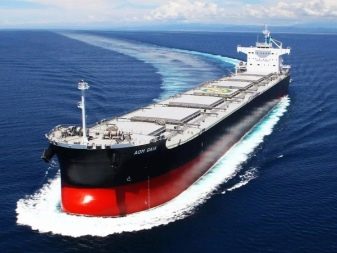
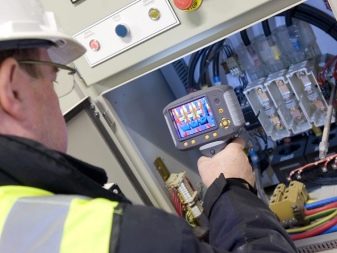
Responsibilities
In accordance with ETKS, the duties of an electromechanic in water transport include:
- maintaining the functionality of electrical networks, ship power plant of electrical networks, any ship mechanisms and control automation devices, as well as alarm devices and many other electrical appliances;
- scheduling the work of ship electronic equipment and a plan for the implementation of preventive maintenance;
- presentation of the vehicle electrical equipment to the Rostechnadzor authorities;
- maintenance of equipment for electronic navigation systems;
- monitoring of the state of power supplies;
- preparation of estimates and applications for the purchase of spare parts, their acceptance and accounting;
- maintenance of basic technical documentation related to the use of ship equipment;
- organization of grounding of the ship's hull when it is docked.
In his activities, a ship's electromechanic must use the normative documents governing the activity.
In addition, he is guided by the established acts on the protection of ecology and the environment and labor protection, as well as the norms and rules of safety on the ship.
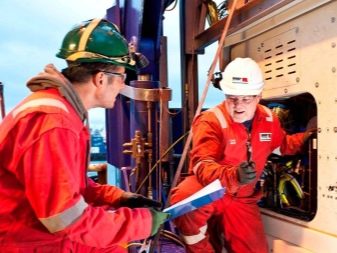
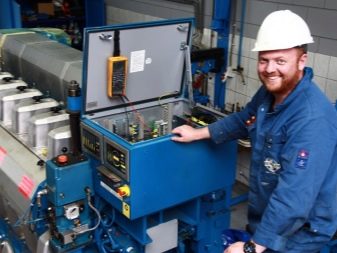
Education
Depending on the qualification category, different requirements are imposed on the education of an electrician in water transport. A ship electromechanic of the 1st category must have a higher education in the profile direction of the educational program. His work experience in the profession must be at least 2 years, retraining courses are encouraged. An electromechanic of the 2nd category must have a higher education without any requirement for work experience. An electromechanic of the 3rd category can have a higher or incomplete higher education. There are no requirements for seniority and other insignia in this case.
When obtaining specialized education within the framework of training programs for ship electromechanics, special attention is paid to the study of such issues as:
- current regulations, orders and rules related to the peculiarities of the operation and maintenance of electrical equipment in water transport;
- regulatory documents defining the competence of the technical supervision bodies for ships and the organization of the ship service;
- current provisions of the International Maritime Organization and conventions in terms of the safety of life on the water, as well as the prevention of environmental pollution from ships;
- electroautomatics;
- features of the organization of labor in water transport and the foundations of the economy;
- rescue work and first aid rules on the water.
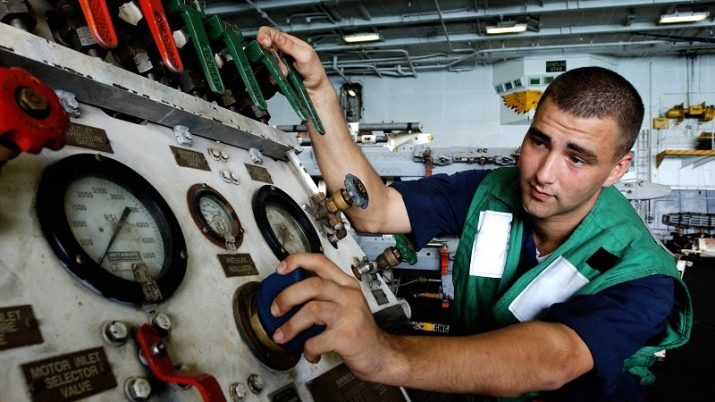
Where does it work?
The specialty of ship electromechanics today is not as much in demand and widespread as a few decades ago, since most modern ships practically do not need large crews. Even an ocean-going supertanker can be controlled by a team of 30-40 people, almost all functions on the ship are performed by automation.
However, these specialists can find work on tankers and ships that sail in the seas and rivers. Like any other profession, the job of servicing electromechanical systems on a ship has its merits and demerits.
The pluses include:
- competitive salary, especially if an electrician is lucky enough to get a job on an international flight;
- full social package and additional insurance, including medical;
- benefits and surcharges for difficult working conditions.
Not without its drawbacks. First of all, the work of an electromechanic is physically difficult, it requires attentiveness and endurance. And, in addition, in recent years, the instability of earnings and the lack of any career prospects have become a serious problem.
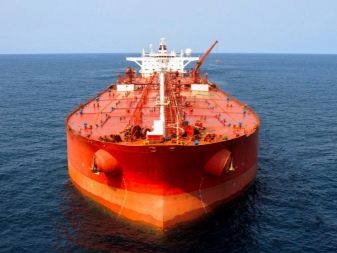
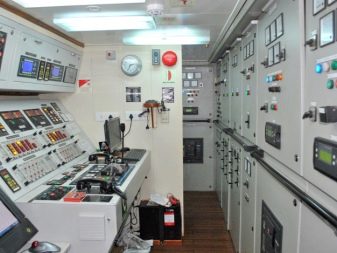
How much does he earn?
Today, almost all vacancies in the direction of ship electrical mechanics are offered in the seaside ports - in St. Petersburg, Murmansk, Sevastopol, Arkhangelsk, as well as in Sakhalin and the Far East. The most cost-effective option for a ship electrician will be the opportunity to get a job on an international route, this can provide him with employment for a long time and, accordingly, a high salary. However, the disadvantage of flights abroad is that quite often they recruit a team one-time, that is, after the completion of the contract, the specialist does not necessarily receive a second job offer.
In general, today specialists in this area are paid from 25 to 130 thousand rubles.








